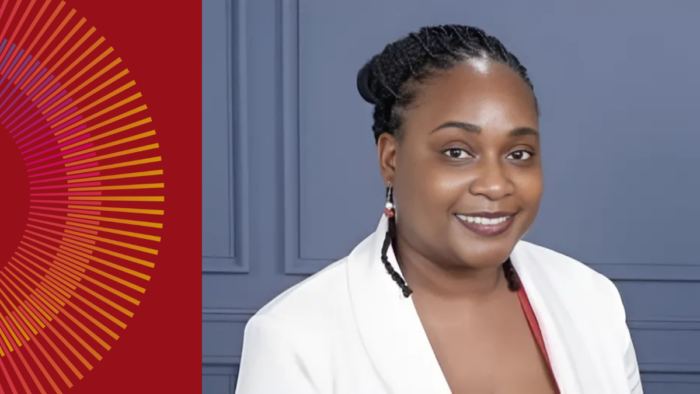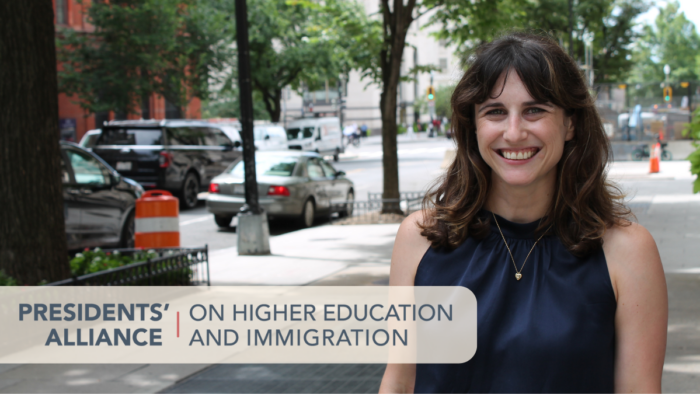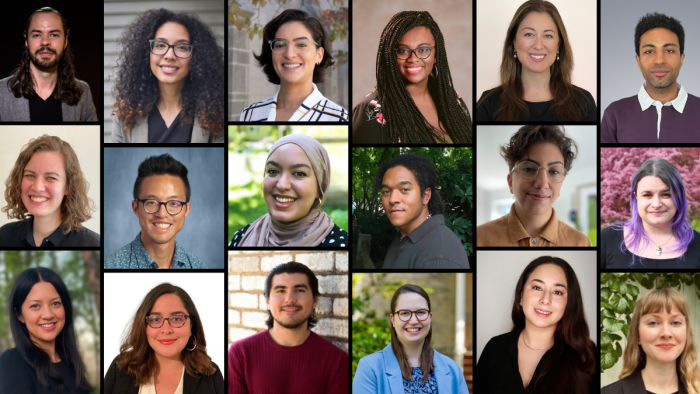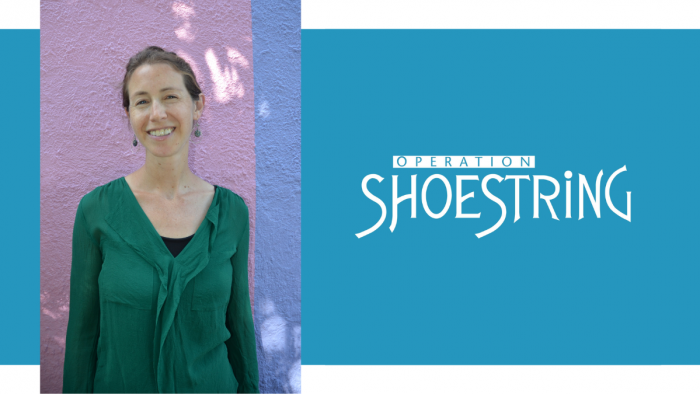

The deadline for this program has passed. The description below is for information purposes only. Awardees in the 2025 competition will be announced in early June.
Leading Edge Fellowships place recent humanities PhDs with nonprofit organizations committed to promoting social justice in their communities.
Recent PhDs from across all fields of the humanities and interpretive social sciences are encouraged to apply for this fellowship. ACLS believes that inclusion, equity, and diversity enhance the scholarly enterprise. It is a priority of the Leading Edge Fellowship program that the application and selection process be broadly inclusive and welcoming of different backgrounds, cultures, and any aspects that make one unique, including disciplinary background and university affiliation, as well as socioeconomic, racial, gender, and other aspects of identity.
ACLS will hold two webinars for applicants to the 2025 ACLS Leading Edge Fellowship, offering real-time feedback on questions about eligibility, the online application, and the fellowship review and selection process. Please register for February 10 or March 5. A recording of the webinar can be found here.
The American Council of Learned Societies is pleased to announce the seventh competition of the Leading Edge Fellowship program, which demonstrates the potential of humanistic knowledge and methods to solve problems, build organizational capacity, and advance justice and equity in society. Leading Edge Fellowships place recent humanities PhDs with nonprofit organizations promoting social justice in their communities. Fellows take on substantive roles that draw on the skills and capacities honed in the course of earning the humanities PhD, including advanced communication, research, project management, and creative problem solving. This initiative is made possible through the generous support of the Mellon Foundation.
The fellowships are designed to foster mutually beneficial partnerships between fellows and their hosting organizations. Each applicant may apply for up to two of the available Leading Edge Fellowship opportunities listed below. There is a separate selection process for each fellowship opportunity.
The selection and placement process takes place over three stages. The first round of review is overseen by ACLS and conducted by PhDs holding positions in the cultural, policy, and media sectors. Finalists determined by this process will be interviewed by host organizations, who will send rankings and feedback to ACLS. Finally, ACLS interviews top-ranked candidates to offer the fellowship.
First round reviewers will evaluate applications based on:
Applications must be submitted online and must include:
Download all of the position descriptions as a combined PDF here.
For the purpose of the spring 2025 competition of the Leading Edge Fellowship competition, PhDs in any eligible field in the humanities or interpretive social sciences may apply. The humanities and related social sciences include but are not limited to American studies; anthropology; archaeology; art and architectural history; classics; economics; ethnic studies; film; gender studies; geography; history; languages and literatures; legal studies; linguistics; musicology; philosophy; political science; religious studies; rhetoric, communication, and media studies; sociology; and theater, dance, and performance studies. PhDs in interdisciplinary and cross-disciplinary humanistic studies are welcome.
PhDs in psychology are eligible only if the degree’s focus is on the history of psychology or environmental psychology. Degrees in clinical, organizational, or counseling psychology are not eligible for this competition. PhDs in education are eligible only if the degree is in the anthropology, history, or sociology of education. PhDs in Curriculum, Educational Leadership, and Administration are ineligible for this competition. EdDs are not eligible for the purposes of this program. This program also does not accept applications from students receiving a PhD in any field of pre-professional or applied study, including in the fields of business, public policy or public administration, arts or arts education, creative writing, journalism, library sciences, law, social work, social welfare, urban planning, public health, filmmaking, and performing arts. While the pursuit of degrees in such fields often involves engagement with the humanities, this program aims to promote the value of humanities disciplines that have not traditionally been recognized as preparatory for careers beyond the academy. Master’s degrees, even if they are the terminal degree in the field, will not be accepted as substitutes for the PhD.
Please write to us at leadingedge@acls.org if your degree is not listed above, or if you have any questions about your eligibility status.







